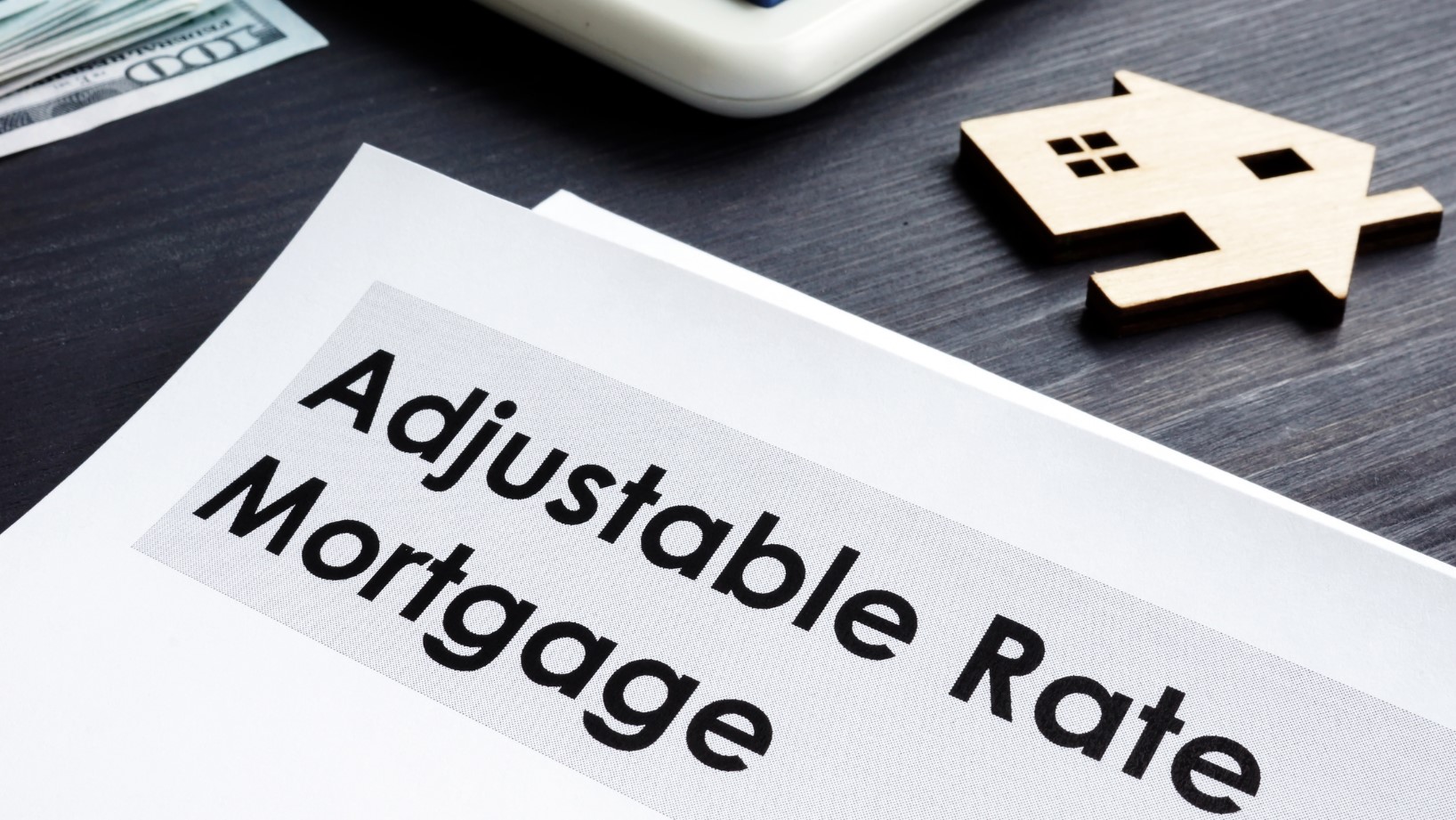A Reverse Mortgage And A Home Equity Conversion: What To Know
 If you are getting ready to retire, you need to make sure you have income to support yourself during your golden years. One popular option is a reverse mortgage, and you can use it to supplement the benefits you receive through Social Security. On the other hand, you may have also heard about a home equity conversion mortgage. What are the differences between them, and which one is right for you?
If you are getting ready to retire, you need to make sure you have income to support yourself during your golden years. One popular option is a reverse mortgage, and you can use it to supplement the benefits you receive through Social Security. On the other hand, you may have also heard about a home equity conversion mortgage. What are the differences between them, and which one is right for you?
A Reverse Mortgage
A reverse mortgage is a popular option because you can tap into the equity you have in your home to receive funds from a specific lender. In some cases, they will provide you with a single lump sum, but in other cases, they may provide you with monthly installments. You are not required to make any monthly mortgage payments, and you simply have to pay the money back when you sell your home. Your name will remain on the title of your home even as you tap into the equity to support your retirement. There are multiple types of reverse mortgages, and a home equity conversion mortgage is one popular option.
A Home Equity Conversion Mortgage
A home equity conversion mortgage is one specific type of reverse mortgage that is insured by the Federal Housing Administration. It provides you and your heirs with certain protection, and it is only available to borrowers who are 62 years of age or older. If you take out this type of reverse mortgage, you must use the funds to pay off any remaining balance you have on the original mortgage. Then, any funds that are left over will be provided to the homeowner. There are a number of factors that will dictate the amount of money you can receive. They include the age of the youngest borrower, the expected interest rate, and the national lending limit insured by the FHA.
Is This Option Right For You?
If you own your home outright, a reverse mortgage could be a great way for you to support yourself during retirement while also protecting any inheritance you passed down to your heirs. Consider reaching out to a professional who can help you decide if this is the right option to meet your needs.

 If you are planning on buying a house in the near future, you have probably seen that there are multiple options available. You might even be considering an adjustable-rate mortgage, usually shortened to ARM. While many people opt for a fixed-rate mortgage, there are a few reasons to consider an ARM as well. What are some of the top advantages to keep in mind?
If you are planning on buying a house in the near future, you have probably seen that there are multiple options available. You might even be considering an adjustable-rate mortgage, usually shortened to ARM. While many people opt for a fixed-rate mortgage, there are a few reasons to consider an ARM as well. What are some of the top advantages to keep in mind?